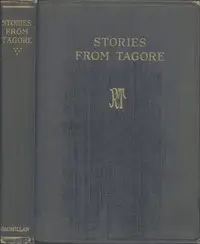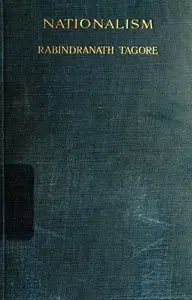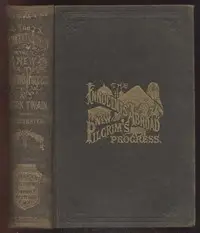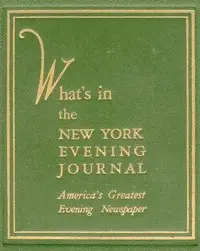"The Post Office" by Rabindranath Tagore is a play, written in the early 20th century. This poignant work delves into themes of childhood, illness, and the yearning for freedom and connection. It unfolds in a rural setting, capturing the world of a little boy named Amal, who is confined to his home due to sickness but dreams of the outside world beyond his window. The story centers on Amal, who is adopted by a man named Madhav. Despite being gravely ill and instructed to stay indoors, Amal's imagination is vivid and full of curiosity. He interacts with various characters, including a watchman and a flower girl named Sudha, sharing his hopes and dreams of exploring beyond the barriers set by his illness. As the play progresses, Amal longs for a letter from the king, believing it signifies a promise of connection and adventure. His innocent hope serves as a counterpoint to his precarious situation, and ultimately, as the king's herald announces the royal arrival, the audience is led to ponder the significance of freedom and the bonds of love that connect us, even amidst life's limitations. (This is an automatically generated summary.)

The Post Office
By Rabindranath Tagore
"The Post Office" by Rabindranath Tagore is a play, written in the early 20th century. This poignant work delves into themes of childhood, illness, an...
Rabindranath Tagore was a Bengali poet, writer, playwright, composer, philosopher, social reformer, and painter of the Bengal Renaissance. He reshaped Bengali literature and music as well as Indian art with Contextual Modernism in the late 19th and early 20th centuries. Author of the "profoundly sensitive, fresh and beautiful" poetry of Gitanjali, in 1913 Tagore became the first non-European and the first lyricist to win the Nobel Prize in Literature. Tagore's poetic songs were viewed as spiritual and mercurial; where his elegant prose and magical poetry were widely popular in the Indian subcontinent. He was a fellow of the Royal Asiatic Society. Referred to as "the Bard of Bengal", Tagore was known by the sobriquets Gurudeb, Kobiguru, and Biswokobi.


















